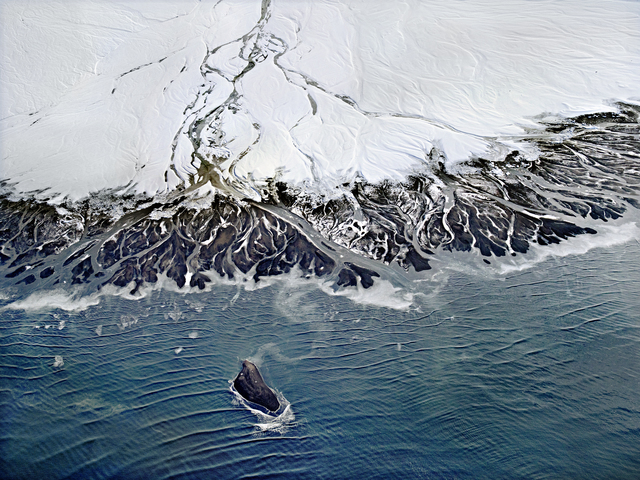What do you remember about being a teenager?
My memories of adolescence are a push-pull of opposing forces. The teen years were a confusion of insider jokes and outsider status, of sweat and insecurity, of styling mousse and endless possibility. Sheer joy intermingled with instability, sadness, and trauma and the path I traveled was perilous—but often exciting. Music and fashion were paramount. Crushes were huge. Pulled by forces that felt beyond me, my moods had the strength and inevitability of the tides. The possibility of managing my emotions would have been as alien as the concept of turning 50.
It can be easy from the vantage of age and the calming of circumstance to wonder if I ever really was fifteen, filled with the surety of pop culture truths and the power of love to save me. Now I’m the parent to a teen (albeit one with a very different temperament and life experience) and a therapist to teens. And I’ve been working on this post for a long stretch, trying to think about how to meld lived and learned knowledge into something palatable for my professional blog.
Former adolescent, parent to an adolescent, therapist to adolescents . . . my training intermingles with what was and what is. My life history and process of working through deepen my therapeutic approach. Similarly, my best writing is rooted in the personal. However, writing in this way in a more professional space feels vulnerable and, perhaps, questionable. In addition, the concepts I am most curious about don’t lend themselves to click-friendly, prescriptive writing.
For example, I’ve been curious lately about the effects on parents of having an adolescent. Based on parents I’ve encountered and my own internal mapping, I believe your attachment and trauma history can affect how you experience a teen’s natural process of individuation. A person’s childhood relational trauma, particularly if unexamined and unprocessed, can make parenting an individuating, authority-challenging teen painful (think Ghosts in the Nursery a decade later). Old wounds tied to attachment and abandonment reopen. Parents may respond to this in various, often unconscious, ways as they try to manage their emotions, ranging from totally checking out to intruding on their child’s life.
Crossing Paths by psychologist Laurence Steinberg is one of the few broad studies on the topic of the effects of adolescents on their parents, albeit a dated and not necessarily culturally diverse one. Steinberg focuses on the rise of youth contrasted with the lessening possibilities of midlife. He also looks at the parent’s general life satisfaction. If things are bad in your job and/or marriage, if you have little outside of your children to provide verve and purpose to your life, well, chances are that their adolescence is going to hit you hard.
Steinberg sorts the potentially more challenging emotional effects of parenting a teen into five categories: jealousy, abandonment, loss, powerlessness, and regret. At the same time, he doesn’t examine the potential early life causes of those feelings. True, this focus is perhaps not absolutely necessary to spur change. Recognizing that you may be feeling less “acceptable” emotions about your child’s blossoming and sudden disrespect can help you cope. In addition, having other interests and connections apart from your kids is generally a good thing. But there are other layers beyond the immediate, beyond the here and now, that are useful to excavate and grasp. Without awareness of the effects of the past we may find ourselves replicating or avoiding it, closing ourselves off to what is vulnerable and unfed within.
The questions I am asking, the hunches I am carrying, are not easily researched or explained. My own early life, heavily examined, written and rewritten, is close to the surface. My tendency to reflect upon my fears of and reactions to parenting the boy, who will someday (soonish) leave us, keeps me—I hope—from holding him back. It keeps me—I hope—from disappearing to avoid the pulls of his long leave-taking upon my vulnerable heart. But would writing about my personal experiences potentially help parents of clients without freaking them out?
Yeah. Well. I don’t know. It’s complicated. There are no neat how-to lists, no rules for smarter parenting and better businessing for these circumstances. So I post it here, for a very limited distribution, as I work it through. I was young, lonely, and angry once. I grew up and felt much of the same. Still do sometimes, though I’ve learned how to cope with those feelings, how to ride them out. And when parenting makes me feel like an abandoned child, I remind myself that I am a grownup and will be connected to this boy one way or another as long as life flows between us.




